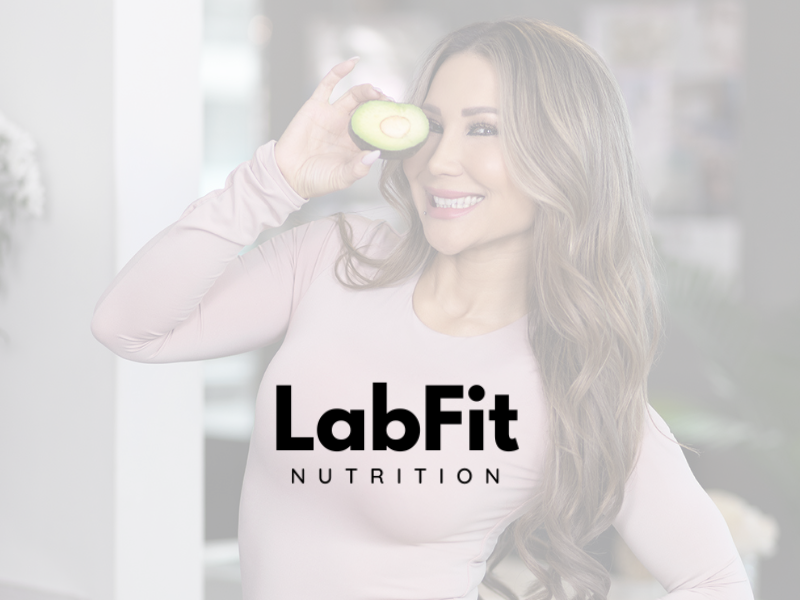🚧 We’re Building Something Amazing!
Our new LabFit site is under construction.
Stay tuned — exciting things are coming soon!

Copyrights 2025 | LabFit Nutrition|
Our new LabFit site is under construction.
Stay tuned — exciting things are coming soon!

Copyrights 2025 | LabFit Nutrition|